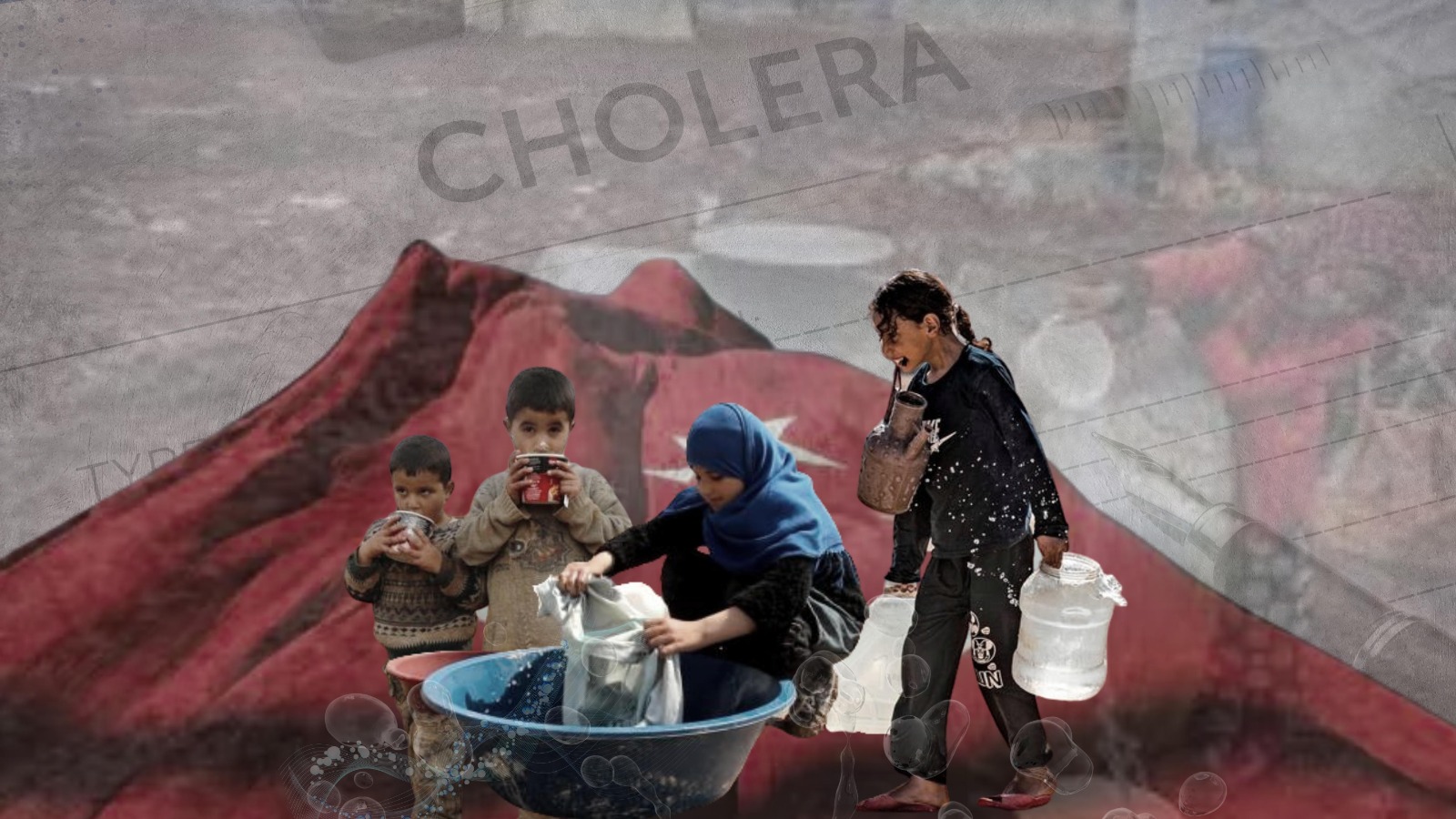Turkey’s water blockade causes new epidemic wave in northern and eastern Syria
According to the authorities, 3 people in northern and eastern Syria have died of cholera within a short period of time. There are currently around 50 registered cholera cases. The number of unreported cases is likely to be many times higher. The healthcare system is suffering from the blockades and Turkey’s war against the region. Turkey has been at war in northern Syria for a long time and is partly an occupying power. According to the wishes of Turkish President Erdogan, this should be extended to the entire border. Turkey and its allied Syrian militias are constantly bombarding the remaining unoccupied areas with artillery and drones. Health facilities that are prevented from carrying out their medical duties due to the bombing and the damage are also often hit. The economic blockade is hitting the region harder, as the necessary medication and medical equipment only rarely make it to the hospitals, surgeries and pharmacies. The ailing health system thus promotes the outbreak and spread of epidemics.
A new epidemic is looming in northern and eastern Syria, caused by Turkey’s water blockade against the region. According to the authorities and local hospitals, the new wave of cholera is due to contaminated drinking water caused by the sinking Euphrates River and the blockages at Alouk, the only drinking water station in the Deir-ez-Zor region. Turkey and allied militias regularly control the water supply of the rivers to the region and the drinking water station in occupied Alouk and Kappen, so that the amount is drastically reduced.
The region has been suffering from the consequences of the climate crisis for years. There has been an extreme drought in northern and eastern Syria for three years, so that many wells and fields have dried up.
Turkey is mercilessly exploiting this opportunity and accelerating this process by violating treaty agreements and using water as a weapon against the region.
According to a statement by the manager of the important Tabqa dam, Walat Darwish, Turkey is continuously lowering the amount of 500 cubic meters per second set since the 1987 agreement. Much less than half of that is now arriving. Combined with the drought, this has catastrophic effects. In some places in northern Syria, some of the rivers and tributaries have either dried up or are shallow and stagnant.
This not only threatens economic existence, but also people’s health. Due to the stagnant and drying up water, diseases are spreading rapidly in the already fragile region. As a result of Turkey’s water war, cases of leishmaniasis increased enormously. At least 70,000 people are said to have suffered from this mosquito-borne skin disease as late as the end of August. This number is now likely to be much higher.
What is certain is that Turkey’s unconventional warfare is accelerating the outbreak and spread of epidemics that are primarily affecting the region. According to UN regulations, the water blockade is a war crime by Turkey, which, however, has received little attention from the international public. The civilian population suffers enormously as a result. Hunger, flight and disease are the consequences of this policy, which could become a national issue if continued. Not only are new refugee movements emerging, but also new diseases that could quickly progress from a local epidemic to a pandemic. Therefore, the international community must intervene before more people become victims of Turkey’s merciless policies.

